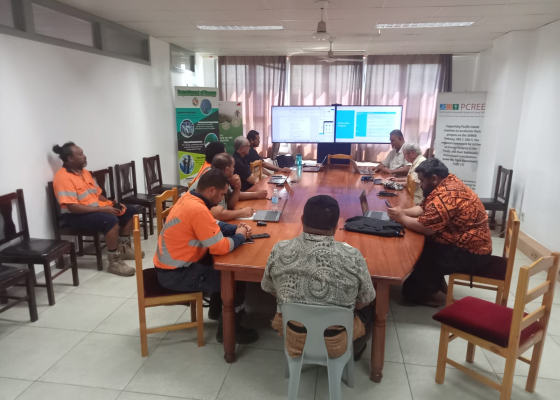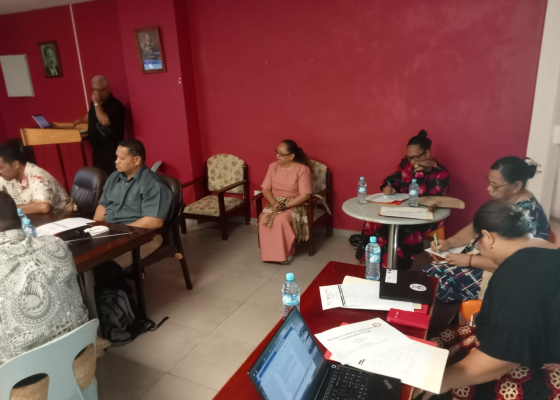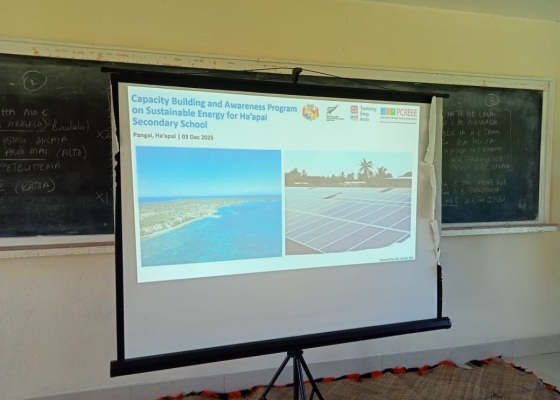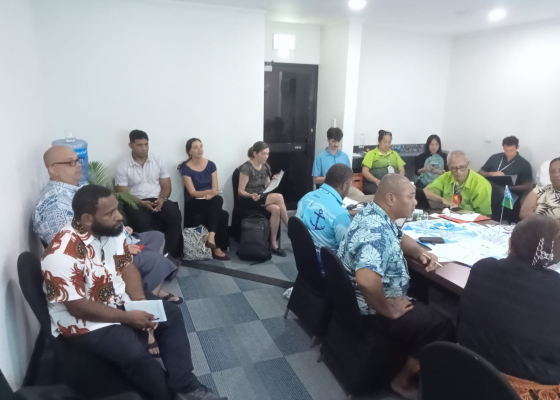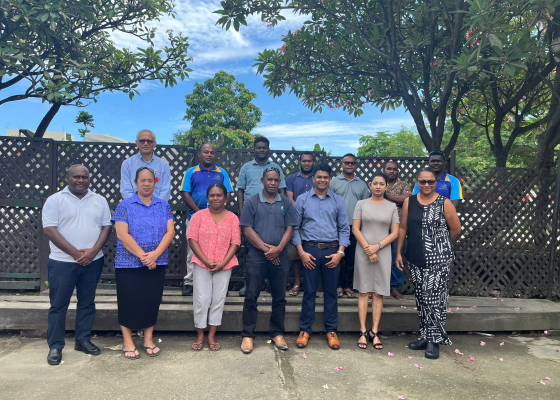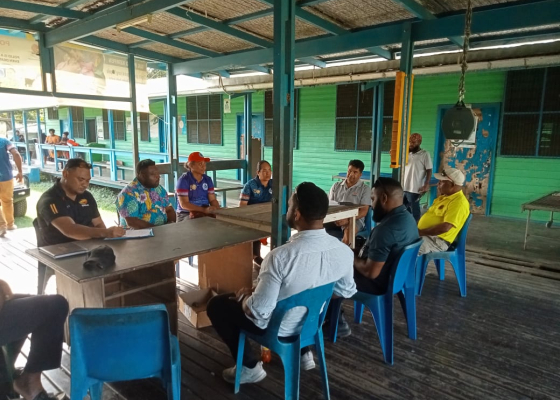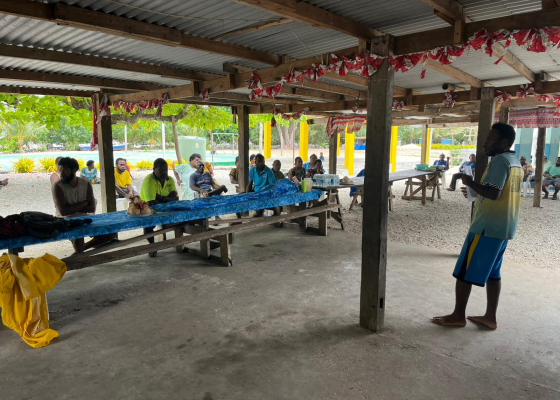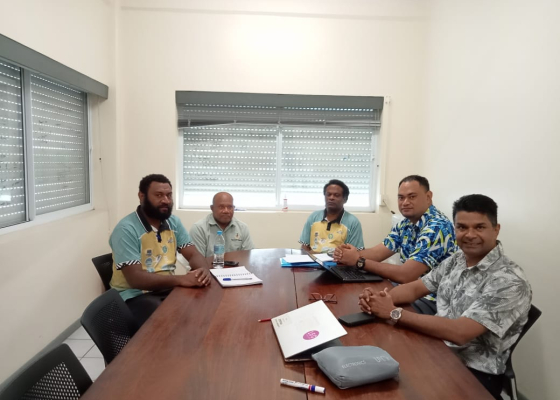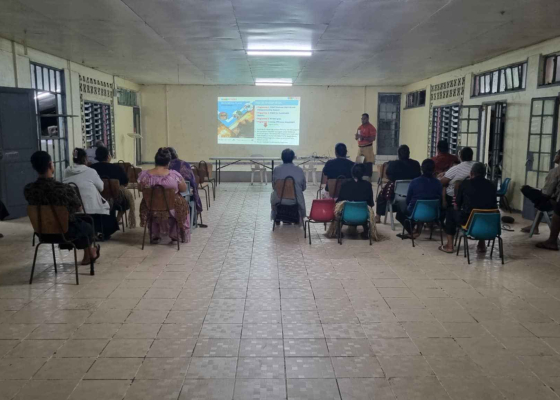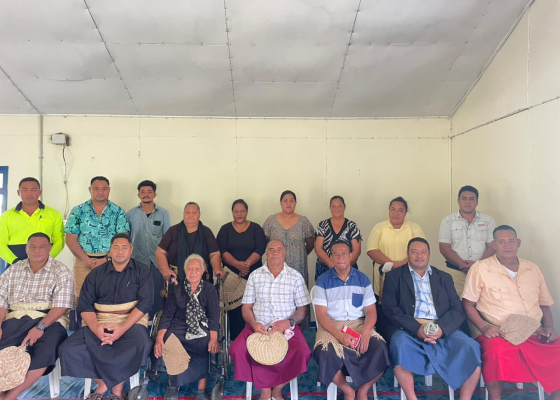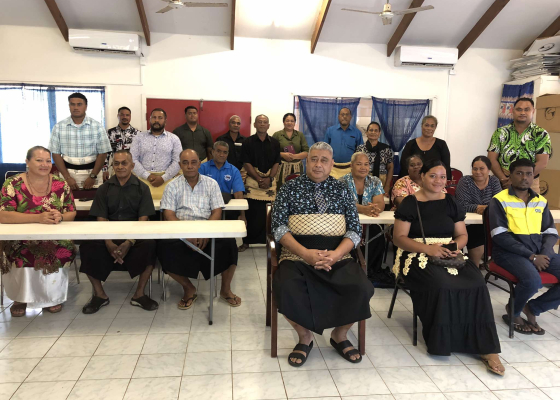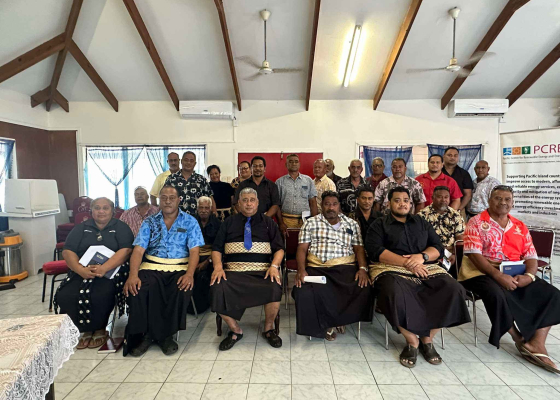Techno-economic analysis of a hybrid mini-grid system for Fiji Islands
USP Research Publication.
Abstract: The Pacific Island Countries constantly struggle with the challenges of high petroleum dependence for their electricity production and lack of adequate energy services. It is possible to alleviate the energy poverty by utilizing abundant renewable energy resources available in the region. The objective of this work is to investigate the feasibility of a wind/solar photovoltaic/diesel generator-based hybrid power system in a remote location in Fiji islands. We used the Hybrid Optimisation Model for Electric Renewables (HOMER) software to simulate the system and perform system optimisation analysis. The system characteristics were studied in terms of optimal configuration, net present cost and the cost of energy. An entirely renewable energy-based configuration is feasible if 10% annual capacity shortage is allowed, while for a scenario with no capacity shortage, addition of a diesel generator is necessary. The addition of renewable energy components results in greenhouse gas reduction whichcould be used for carbon trading.
Data captured within the report:
- Electricity access in the PICs
- Wind and solar radiation data for some locations in the PICs - Cook Islands, Fiji, Niue, Tonga, Vanuatu
- WInd speed data for Nabouwalu in Vanua Levu, Fiji
- Load profile, power curve, optimal system graph
- Schematic of the proposed system
- Optimisation table for feasible configurations
- Carbon dioxide emissions under various scenarios
Keywords: hybrid, mini grid, HOMER, Fiji
Upcoming Events
-
03/25/2026 to 03/26/2026
-
03/30/2026 to 04/03/2026
-
04/09/2026 to 04/10/2026
-
04/27/2026
-
04/27/2026 to 04/29/2026







